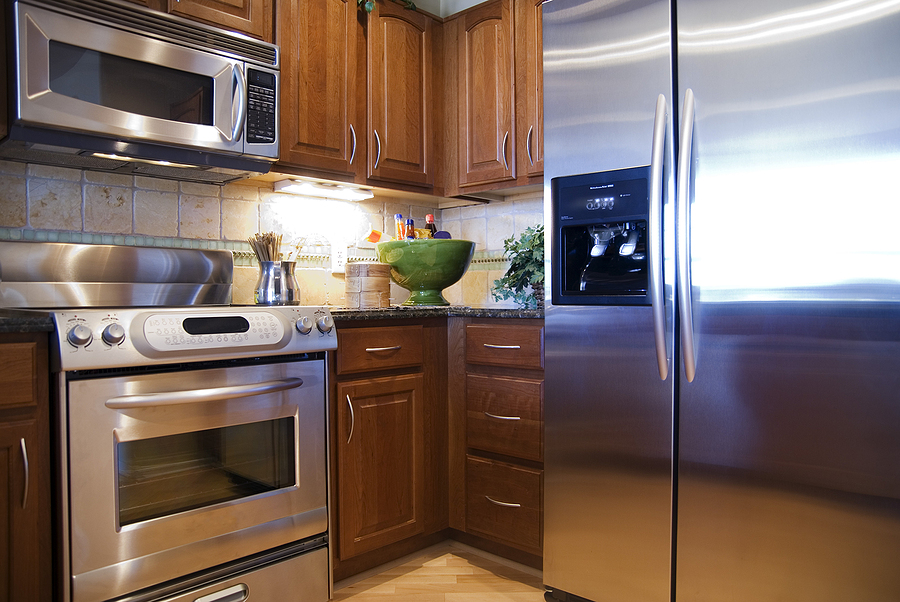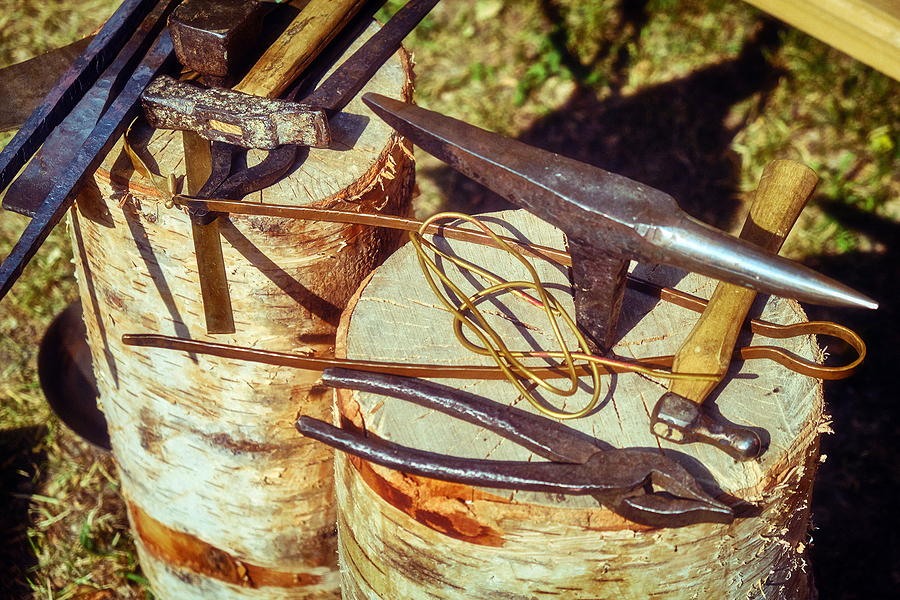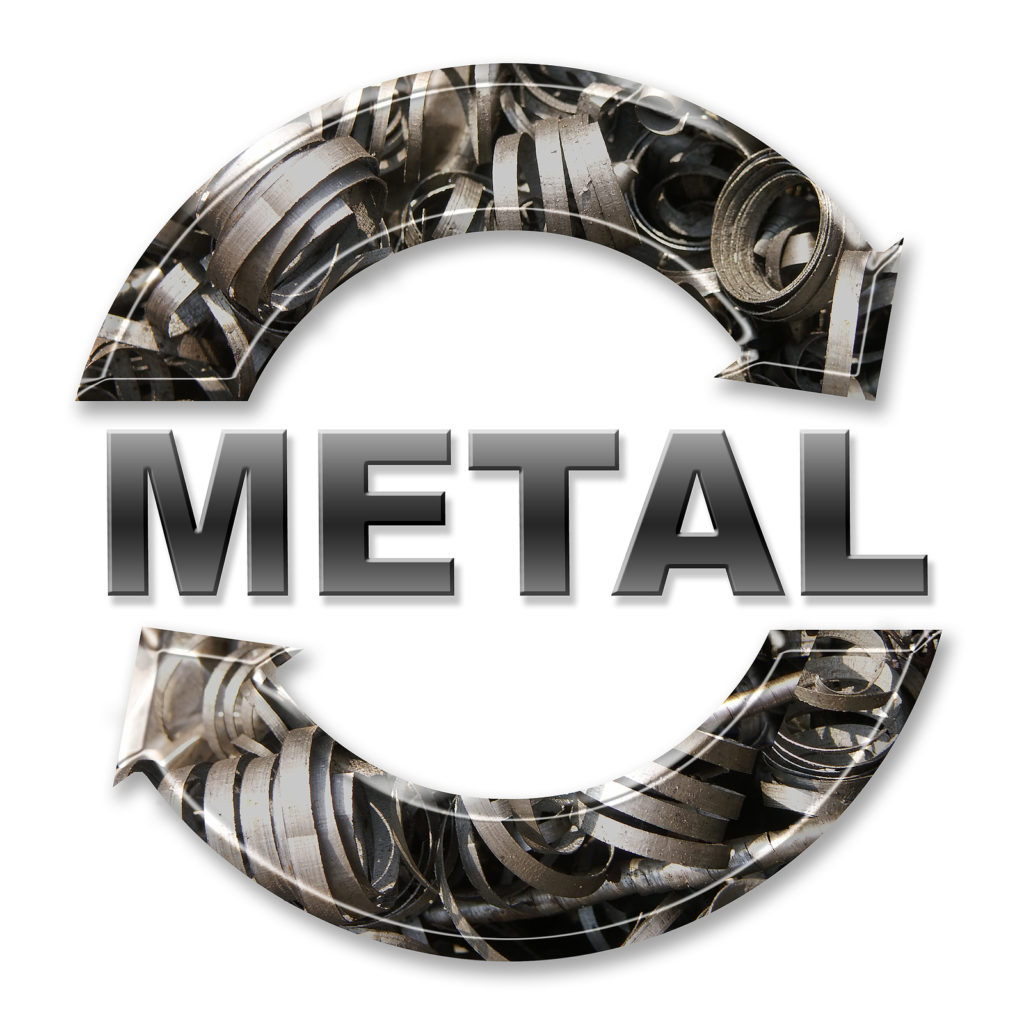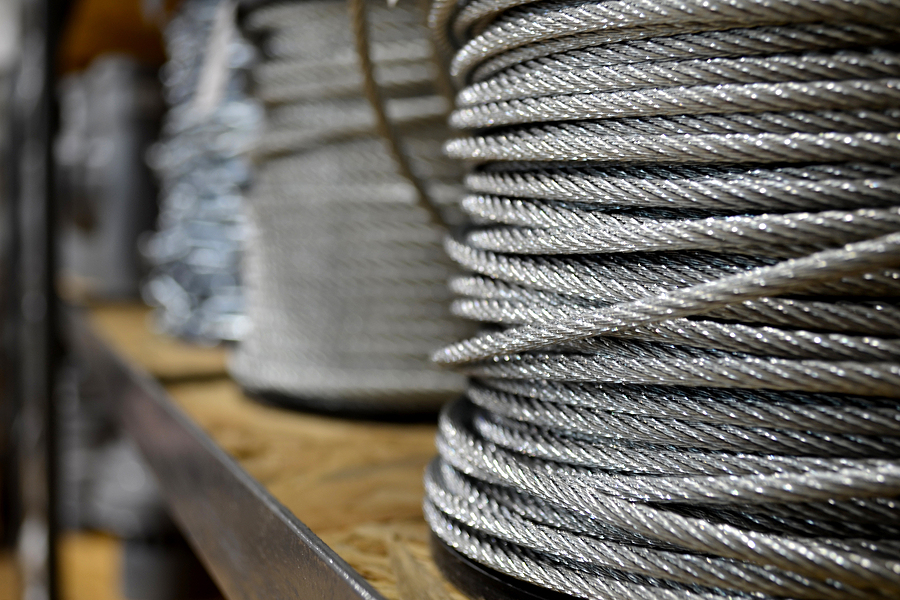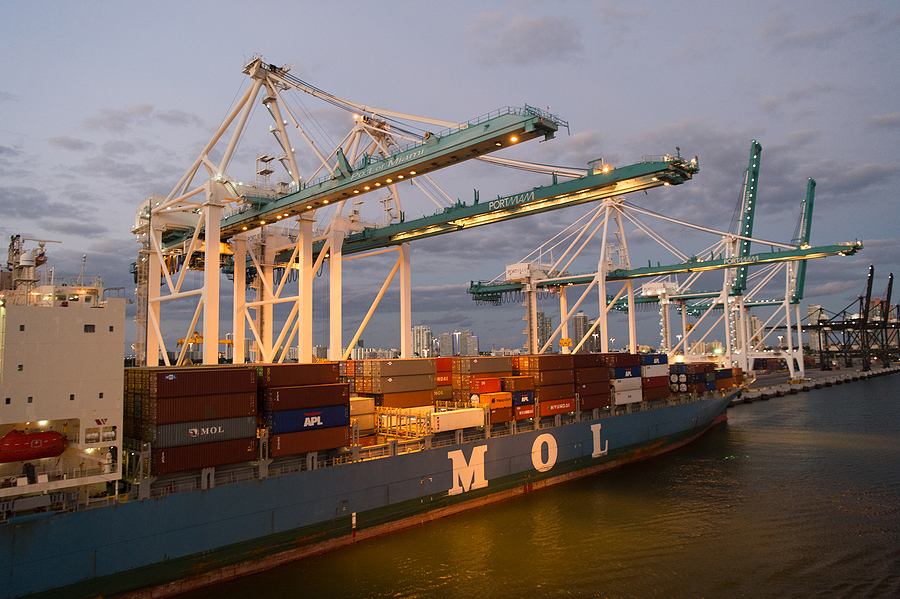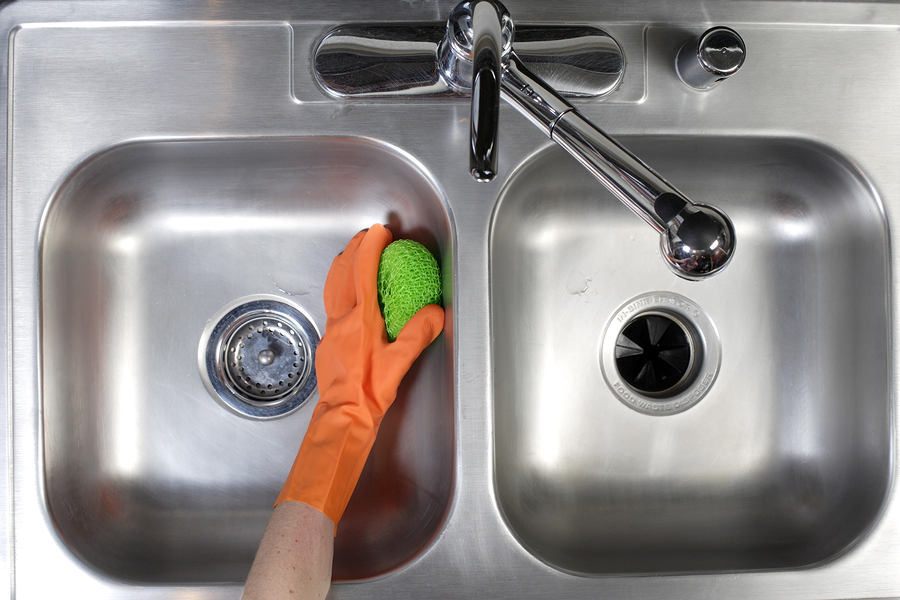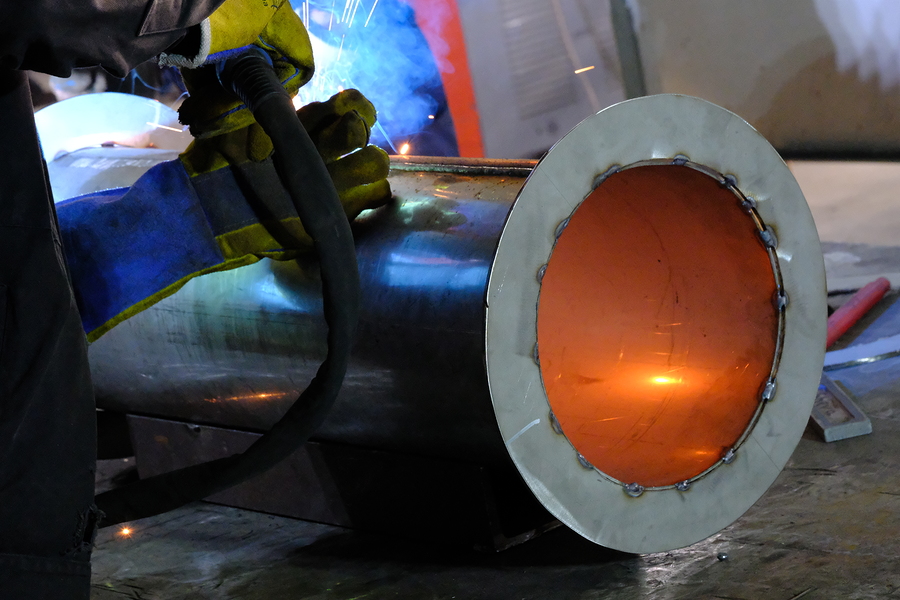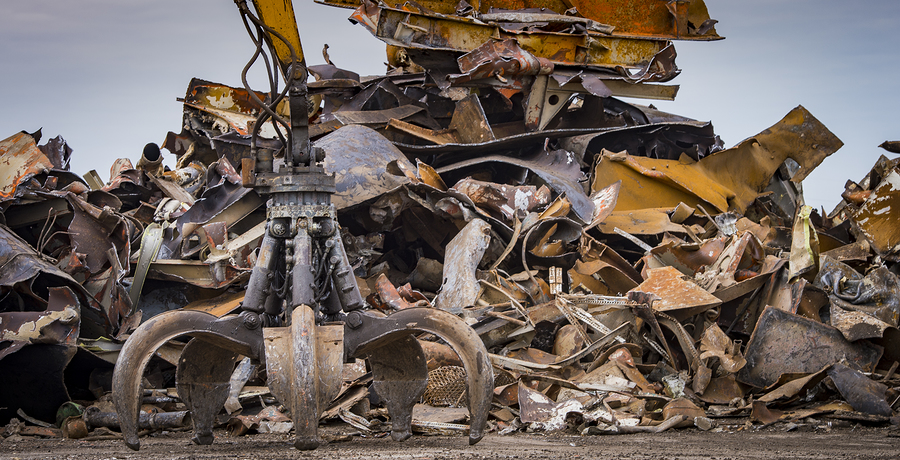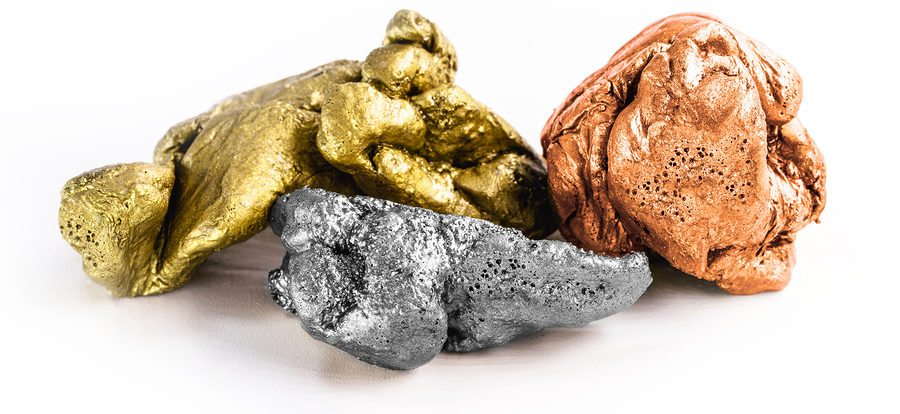Metal sometimes contains alloys, which are substances that are made from melting together two or more elements, one of which being a metal, to form a new element. And although some alloyed metals might contain metalloids or nonmetals in its makeup, they will nonetheless retain the same properties of a metal. Both metal and alloyed metal are recyclable, just like any other type of scrap metal.
Continue reading to learn some interesting facts about alloys, and where to recycle metal in Indianapolis.
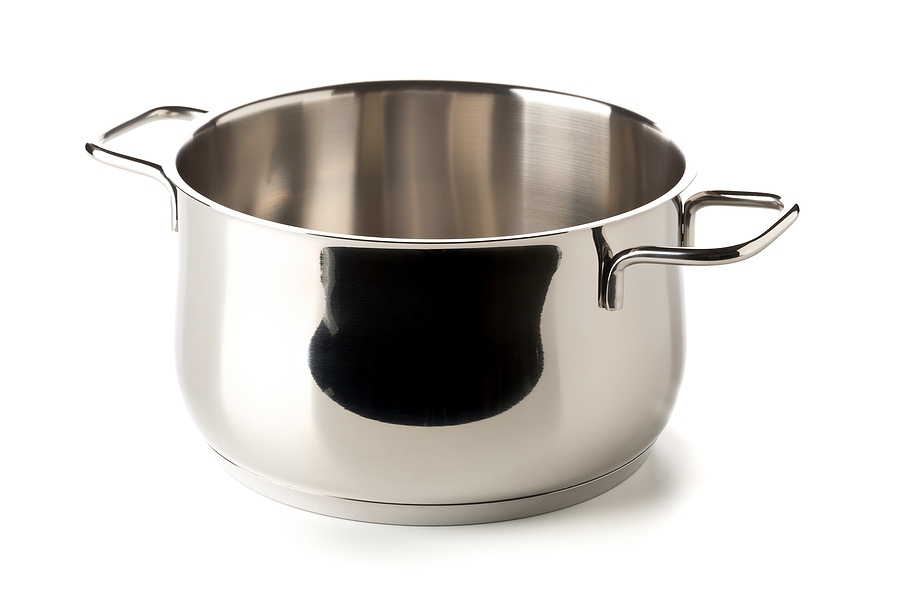
Common Types of Alloys
There are various combinations and compositions of alloyed metal, but you are already likely familiar with some of the most common. Popular types of alloys include steel, stainless steel, brass, and bronze. Other common examples of alloy metals are 14 karat gold, 18 karat gold, white gold, pewter, and sterling silver. All of these alloys contain at least one type of metal, plus at least one type of element.
► Steel – An iron alloy containing carbon, and usually other elements like nickel and cobalt.
► Stainless Steel – An iron alloy containing nickel, chromium, and other elements for oxidation resistance.
► Brass – Containing zinc and copper, and perhaps additional elements.
► Sterling Silver – Sterling silver is only 92.5% silver, and the rest is copper and other metals.
Alloy Applications
Why combine metal with other elements to form alloys? Because their chemical and physical properties make them highly valuable, and useful in a vast array of applications across the world, and within various industries. In fact, more than 90% of all the metal used globally is alloyed. Alloys are known for useful chemical and physical properties such as corrosion resistance, conductivity, ductility, malleability, and several heat applications. Many are also more cost-effective compared to pure metals.
Where to Recycle Scrap Metal Alloys in Indianapolis, Indiana
Any scrap metal recycling center in Indianapolis will accept your scrap metal, whether alloyed or not. But only one pays cash on the spot for scrap metal. That is Zore’s Recycling!
W accept all types of metal and alloyed metal, including steel, stainless steel, iron, copper, aluminum, and more. Not only do we take in all metal junk, no matter the age or condition, but we also pay you cash, instantly! Sell us your junk cars, construction materials, plumbing pipes, sheet metal, car parts, farming equipment, and more. Call 317-244-0700 to request a free estimate, today.


